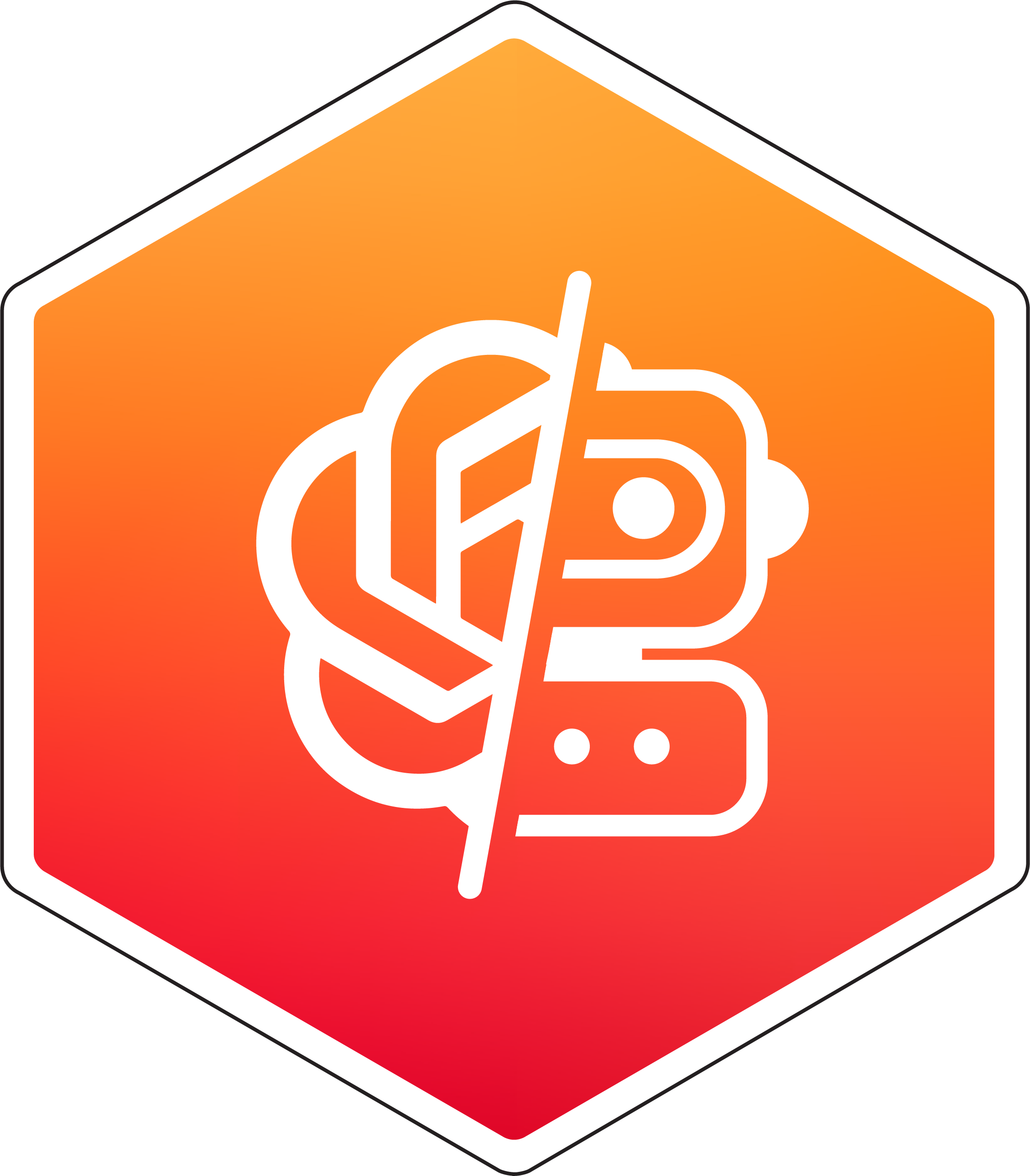Derived Tags enables custom logic, advanced calculations, and data aggregation for operational data analysis at the Edge. For instance, Derived Tags allows for new tags to be obtained and calculated from other tags, a trigger to be set based on logical states, values to be aggregated over a defined period of time, and in general, permits virtually any JavaScript code to be executed, even when accessing standard NodeJS libraries like os, process, moment, and sprintf.
The available types for tags whose source is a Derived Tags module instance are shown in the following table:
| Type | Description |
| Aggregated Tag | Provides easy-to-use predefined functions to obtain the average, minimum, maximum, first, last value, etc of a tag over a defined time. It also provides the total number of events and the ratio of good quality events received during the interval. No complex code is required. |
| Expression Tag | Allows users to manipulate the value, quality, or timestamp of tags using JavaScript scripting in order to perform calculations and logic involving one or more raw tags, enabling the possibility of incorporating complex analysis closer to the source. |
| Alias Tag | Useful for creating a replica of another tag without any coding. |
| Redundant Tag | Used to create tags with several inputs acting as redundant sources. |
| Node Tag | Intended to provide information about the node, links and modules. |
The N3uron Derived Tags Assistant is a specialized AI tool available in the ChatGPT Store, designed to accelerate your work with N3uron's Derived Tags module. It provides expert assistance for creating Aggregated Tags, Expression Tags, Alias Tags, Redundant Tags, and Node Tags—helping you implement custom logic, perform advanced calculations, and aggregate operational data at the Edge.
- Get code examples.
- Receive configuration guidance.
- Access best practices and troubleshooting support tailored to your specific industrial data challenges.
